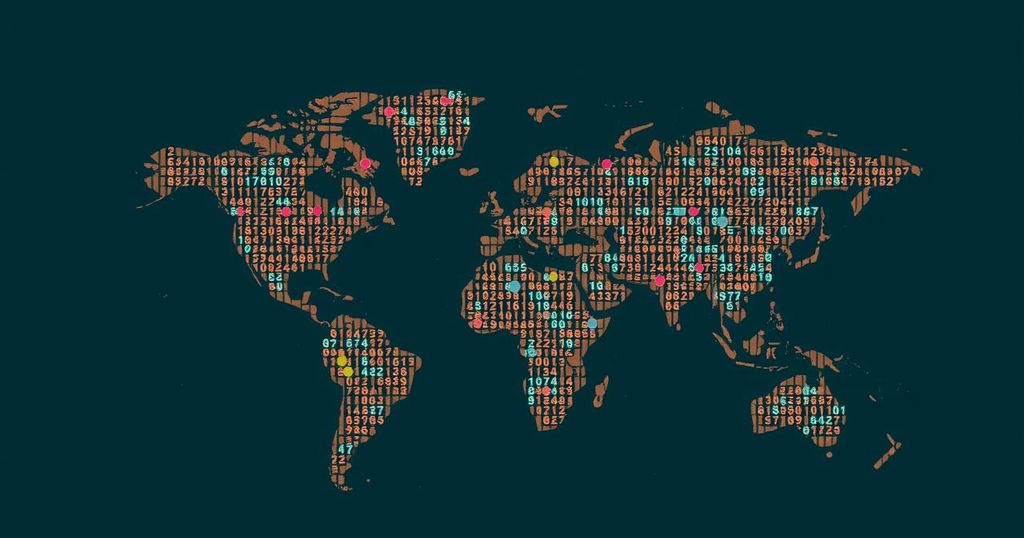The International Criminal Court faces significant challenges, having historically prosecuted few cases, primarily against African leaders. As it attempts to navigate high-profile cases against Putin and Netanyahu, it contends with inefficiency and underfunding. Yet, a global movement advocating universal jurisdiction and national tribunals signals hope for increased accountability for war crimes, even as the ICC’s traditional role remains uncertain.
The International Criminal Court (ICC) currently stands at a crossroads, grappling with its performance amid high-profile cases against prominent political figures, including Russian President Vladimir Putin and Israeli Prime Minister Benjamin Netanyahu. While historically criticized for its limited success, the ICC may leverage recent developments to assert its relevance in the prosecution of war crimes and crimes against humanity. However, the ICC’s functionality is impeded by inefficiency, underfunding, and the lack of support from key international players. Nonetheless, a surge in global movements advocating for accountability may supplement or replace the ICC’s traditional role, exemplified by states asserting their rights to universal jurisdiction and prosecuting perpetrators domestically. Significant cases, such as that of corporate executives involved in war crimes, underscore a shifting landscape wherein multiple avenues for justice could materialize, ultimately leading to an environment where perpetrators face increasing scrutiny and potential prosecution.
Since its inception in 2002, the International Criminal Court has served as the first permanent tribunal addressing atrocity crimes. Despite its noble objectives, the ICC has faced considerable challenges, particularly in prosecuting defendants from regions outside sub-Saharan Africa. Compounded by a shortfall of resources and the absence of political will from major powers—such as the United States, China, Russia, and Israel—the court’s ability to operate effectively has been severely compromised. Recent initiatives by the ICC chief prosecutor signal a vigorous approach toward addressing high-profile cases, suggesting that efforts to enhance the court’s standing may be underway.
In conclusion, while the International Criminal Court grapples with numerous obstacles and criticisms regarding its efficacy in prosecuting war crimes, emerging trends and alternative judicial avenues may present new opportunities for accountability. The rise of universal jurisdiction and the emergence of national tribunals offer hope for greater justice, potentially holding perpetrators accountable outside of the ICC framework. This shift reflects a growing recognition of the need for robust mechanisms to address atrocities on a global scale, providing a sense of optimism about the future of international law and justice.
Original Source: www.channelnewsasia.com






